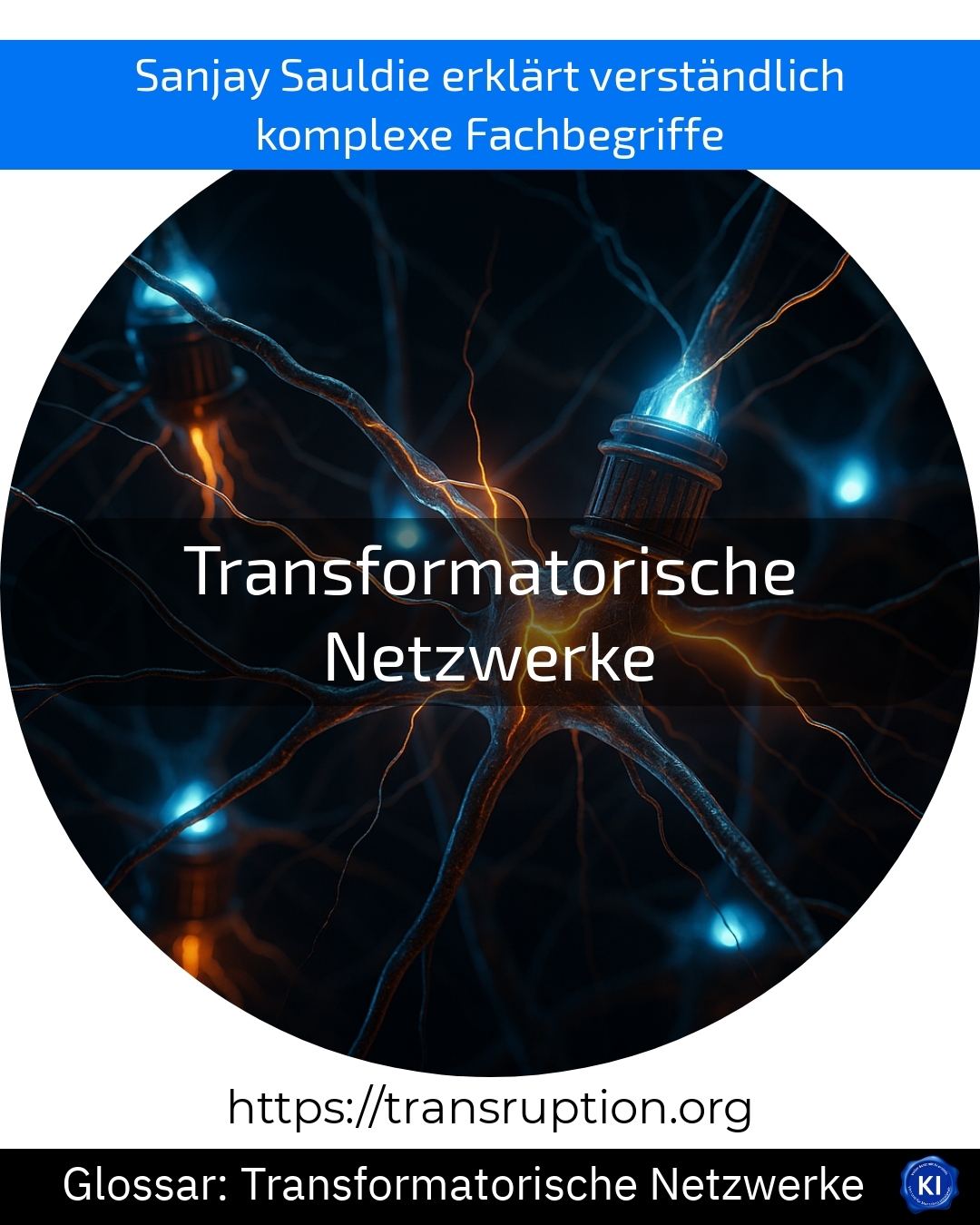The term "transformational networks" is particularly at home in the fields of artificial intelligence, automation and digital transformation. Transformational networks are special types of artificial neural networks that have been developed to process large amounts of data particularly effectively and recognise correlations within it.
They are used, for example, to understand natural language, translate text or analyse complex amounts of data. An illustrative example: voice assistants such as Siri or Alexa use transformational networks to understand spoken language, recognise the meaning behind it and provide suitable answers.
At their core, transformational networks work differently to previous AI models. They do not simply analyse each piece of information individually, but consider relationships in their entire context. This allows them to deliver significantly better results, for example when writing meaningful texts or recognising trends in large data sets.
For companies, the use of transformational networks means that they can analyse data faster and more precisely and thus make well-founded decisions. This opens up new opportunities for automation and innovative applications, particularly in the digital transformation.















